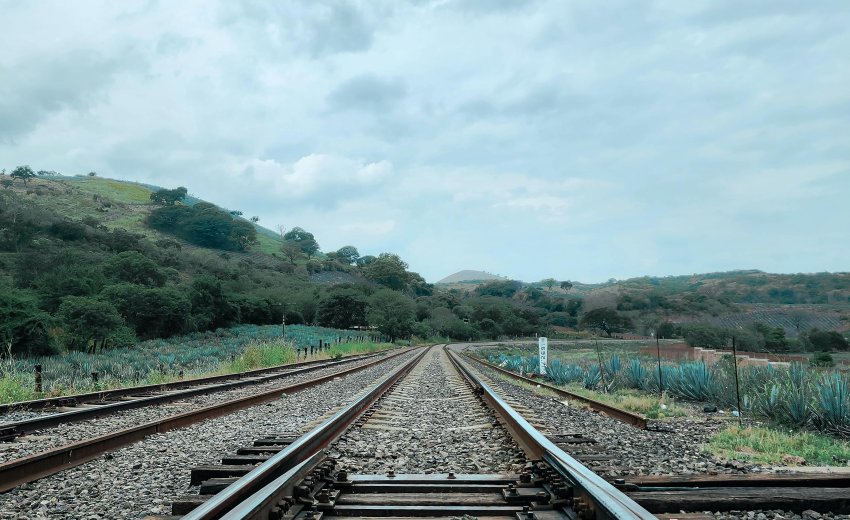It was customary for railway employees in India
to be a resident in allotted houses of railway colonies, where we children
got used to sitting on boundary walls watching endless trains
journeying to somewhere, nowhere, everywhere.
The rituals had an uncanny ability to spread their roots into
the fertile landscapes of the younger minds charting migratory routes
through the land, air, and water for use when adulthood arrived unannounced.
The trains that took us to places during summer vacations, the trains
we used for visiting grandparents’ home, the trains
that transported marriage parties of relatives, who knew
one day would bring dramatic changes in the lives of my cousin Amarjit and me.
One train helped me prepare for my journey to America,
where I landed happily chasing my dreams to infinity and beyond.
In later years, the other train took my beloved Amarjit
and the other two cousins and their father to become sacrificial lambs
to please the gods who never cried.
At my old age, on a sojourn to India
when I visited the railway house near the rail track,
watched an old lady, the current occupant of the house,
with uncombed hair, wearing a dark-colored sari, crying inconsolably,
watching the trains still go by.
